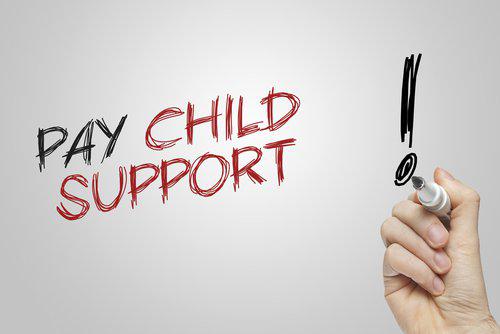People rarely think about what happens after a lawsuit comes to an end. Whenever a movie focuses on a legal proceeding, once it ends the credits start rolling. However, real life often does not wrap up as neatly. This is especially true in divorce cases involving child support. While some supporting parents dutifully send a check each month, many attempt to avoid it. In those instances, parents of children who are owed child support should know that they have a variety of options for enforcing that support obligation ranging from wage garnishment to state-imposed criminal penalties.
Wage Garnishment
One of the most effective ways to enforce a child support obligation is through the use of a wage garnishment. A wage garnishment is a procedure under Illinois law that allows someone who is owed money to take that money directly from the debtors paycheck. In a practical sense, this is done by having a court direct the debtors employer to pay some portion of that check to the child being supported, rather than giving it to the supporting parent.
However, there are some limitations on a wage garnishment proceeding. First, a person must be earning a minimum amount of money before that persons wages may be garnished. In Illinois, that amount is $371.25 a week. Additionally, even if a person makes enough for their wages to be garnished, the law places a limit on the total amount that may be taken. Ordinarily, Illinois law caps it at 15 percent, but the fact that the debt is child support raises that cap to 50 percent, and possibly even higher.
State-Imposed Penalties
If wage garnishment is not an option, there are also a variety of state-imposed penalties that people can seek, either directly or through the appropriate state agency. One common penalty is contempt of court. Child support is a court order, and court orders are legal documents that come with consequences if someone disobeys them. In this case, if a supporting parent cannot show good cause for why they have not been paying the support, then the court may impose jail time on them.
In more serious instances, failure to pay child support may also be a crime. Illinois law makes it a felony offense to willfully fail to pay child support for more than six months or to the point where the debt becomes greater than $5,000. If that happens, then the delinquent parent may end up facing a prison sentence of one to three years.
Children have a legal right to be supported by their parents. If your former spouse is failing to obey a court order to pay child support, contact a skilled Naperville family law attorney today to learn more about your options for collecting the money owed to your child.


